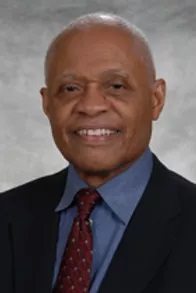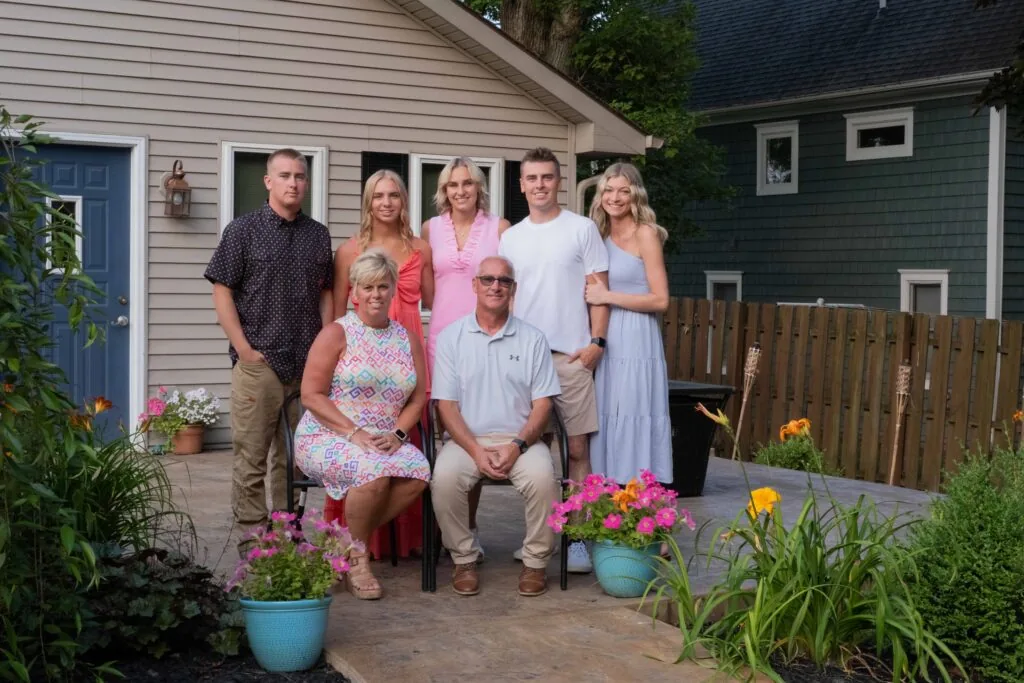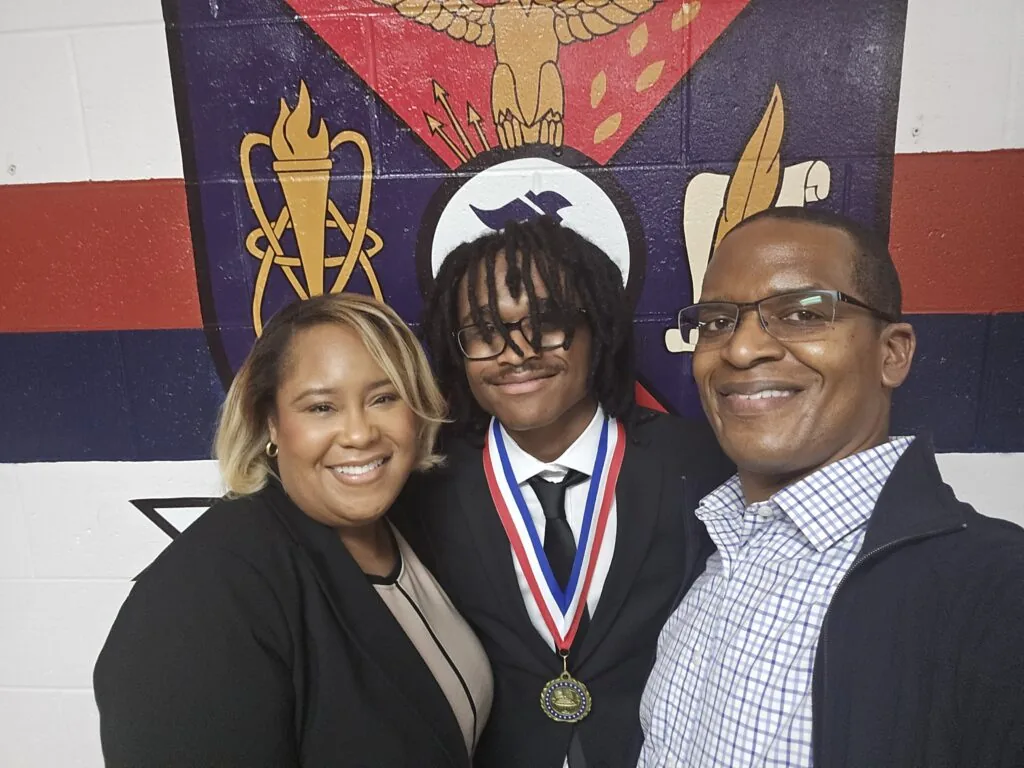Dr. Clive Callender has made educating and empowering people his life’s work.
Callender, a renowned surgeon and Professor of Surgery at Howard University College of Medicine, has dedicated his career to increasing awareness of and support for transplant medicine in minority communities. When he started, African Americans represented the lowest percentage of organ donors among minority populations. Now, they are among the highest. That work has since translated to other minority groups through the National Minority Organ Tissue Transplant Education Program (MOTTEP), which he co-founded in 1991.
“In a way, this is a miraculous story of how we went from the bottom to the top,” said Callender, speaking of the African American donation rate. “I’ve been blessed to see this come to pass in my lifetime and to play a part in it.”
Born in 1936, Callender knew from a young age that he wanted to go into medicine. He earned his M.D. in 1963 from Meharry Medical College in Nashville, Tennessee and later served at Harlem Hospital, Howard University Hospital and Freedmen’s Hospital and Memorial Hospital for Cancer and Allied Diseases. In 1968, he returned to Howard University Hospital to become chief resident. In 1970, he was invited to Nigeria’s Port Harcourt General Hospital at the end of the country’s Biafran Civil War, where for nine months he fulfilled his life’s goal of becoming a medical missionary. In 1971, Callender received a two-year postdoctoral fellowship through the National Institutes of Health (NIH) to study organ transplant medicine.
Callender looked into ways to encourage organ donation among minorities in the 1980s. At the time, minorities represented more than 50 percent of the patients on the national organ waiting list, but composed only 15 percent of donors. African Americans, at only 3 percent, were considered non-donors.
“The group we needed to help was our own group,” he said.
At Howard University, he organized a study that identified five main obstacles African Americans had to joining the organ donor registry: awareness, religious misconceptions, a basic distrust of healthcare providers, fear of a premature death – that is, that health care providers would not work as hard to save them if they knew they were organ donors – and racism.
“We identified a way that we could make a difference,” he said. “We launched a campaign to overcome these obstacles, focusing on education and empowerment.”
Initiated in the Washington D.C. area, the D.C. Organ Donor Program sought to break down those barriers and dispel those misconceptions. It was almost immediately successful. Callender said that as more people learned about the benefits of organ donation their willingness to register to be donors increased. Before long, he had secured funding through Dow Chemical to expand the program to 15 communities with large African American populations throughout the U.S. Again, it proved so successful that Callender thought it should be expanded to include all ethnic groups. MOTTEP grew out of those brainstorming sessions and has since seen significant increases in organ donor registrations from minority populations, according to Callender.
“The national MOTTEP model has been successful because it takes its education program directly to the targeted audiences,” he said.
MOTTEP continues to provide community outreach and education services throughout the country. The Detroit MOTTEP Foundation, an affiliate of National MOTTEP, hosts events like the LIFE Walk/Run on Belle Isle on July 25, youth outreach and more.
There are currently nearly 2,800 people on the transplant waiting list in Michigan. More than 1,000 of them are ethnic minorities. To sign up on the donor registry, visit the Gift of Michigan website.
For more information about the Minority Organ Tissue Transplant Education Program, visit detroitmottepfoundation.org.








